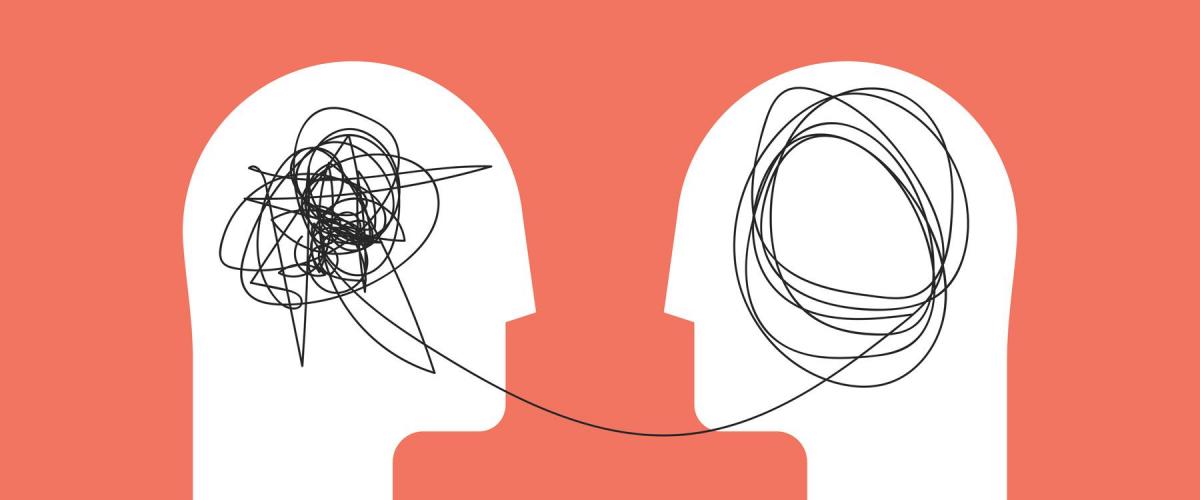It’s a common idea that taking care of someone is both kind and physical, and for this reason, for many years, some healthcare careers were considered manual professions. However, over the last forty years or so, these professions have developed both scientifically and culturally. There is a deeper connection with more specialised fields and, at the same time, the assigned social status has improved. Healthcare workers—armed with equipment that is more sophisticated, more precise testing technology, as well as increased resources and greater knowledge—have transformed the patient-centred relationship.
This has given life to a new kind of medicine; one that is more focused but is, at the same time, socially disengaged.
Experiences and outcomes
Because of a sort of ultra-specialisation, there are cases where healthcare professionals have arguably pushed some important patient needs, like empathetic communication, emotion management and active listening, to the sidelines. In the process, they have inadvertently distorted the care process. In other words, one too many healthcare providers are focusing on curing illnesses while forgetting to care for the people who have them. Therefore, care output is not holistic and the outcome is negatively affected.
Meanwhile, the world’s effort to manage the deflagration the COVID-19 bomb is producing many changes in how we perceive ourselves and deal with others. These changes are having a tremendous impact on our daily and professional lives. The professional care space is not exempt. For example, while social distancing is necessary, the spread of fear and emerging emotional distress in patients are emphasising the importance of conversation, active listening, and general emotion intelligence amongst healthcare professionals.
What’s your EQ?
According to Mayer and Salovey’s 1997 Model of Emotional Intelligence, emotional intelligence (EI) is ‘the ability to perceive emotions ... understand emotions ... and reflectively regulate emotions, so as to promote emotional and intellectual growth’. Many authors (e.g. D. Goleman in the Harvard Business Review article, ‘What Makes a Leader?’) affirm that a high Emotional Quotient (EQ) can help with and improve work realities and life in general. For this reason, EI development has grown exponentially in many fields, becoming one of the most featured requests by employers.
Unfortunately, despite tremendous growth, EI is yet to be standardised as a prerequisite amongst health workers. It is only in a few situations where it is included in educational programmes. While healthcare workers could fulfil the complete care-related needs of patients by developing their emotional intelligence, sustaining psychological and social needs, so far, remains undervalued. This is counterproductive, as complaints against doctors often relate to poor communication, rather than to clinical competence. To this end, several studies suggest that an EI learning programme for undergraduate healthcare providers (nurses in particular) can improve the perception of patient care.
It is, therefore, my belief that healthcare professionals should advocate for the implementation of such programmes, and promote the culture of EI, focusing on patient needs as a problem that needs a 360-degree solution. This strategy may be costly to implement but it will pay off in the long term. It will not only help to ensure a healthier kind of relationship between professionals and patients, but also shed new light on our professions.


Davide Mori
Product Manager for Gloves and Emerging Products, Medline Italy
Davide is Italian with experience as a critical care nurse, trainer, and researcher. His educational background is in nursing, management of public administration and statistics. For the past three years, he has contributed to one of the most followed online nursing journals in Italy (nurse24.it) as an editorialist. Learn more on LinkedIn.









